How to Prepare Your Home for a Professional Roof Installation
Preparing your home for a professional roof project takes more than just scheduling a contractor. It’s about creating a safe, organized environment so the process goes smoothly and your investment yields long-term benefits. A new roof is one of the most impactful improvements you can make to your property, and being well-prepared ensures you get the best results without unnecessary delays or disruptions. Whether you are a homeowner looking to improve curb appeal or someone concerned with structural integrity, taking the right steps ahead of time makes all the difference.
This guide will walk you through the essential actions you should take before the crew arrives. From clearing outdoor spaces to communicating with your neighbors, every detail matters. According to Home365, a replacement roof can yield 85% or more of its investment costs back upon resale. Some owners can make 100% or more of the costs of a new roof up in a better sale price, which shows just how valuable it is to approach a roof upgrade with care. The following steps outline how you can prepare efficiently while protecting both your home and peace of mind.
Remove Obstacles From Around the Home
One of the first things to do before roof installation begins is to clear the area surrounding your house. Tools, ladders, and heavy shingles will need room for staging and movement. Having patio furniture, toys, or vehicles left near the work zone can lead to damage and slow down the process. By removing these items, you make it easier for the contractors to set up their equipment and work efficiently.
Specifically, consider moving vehicles from the driveway, clearing out grills or fire pits, and ensuring that lawn ornaments or potted plants are out of harm’s way. Some homeowners even place temporary coverings over delicate landscaping for extra protection. These small steps can prevent scratches, dents, or other avoidable mishaps.
Protect Your Belongings Indoors
While most of the work takes place outside, roof installation can create vibrations and movement that affect the inside of your home. Hanging pictures, mirrors, and fragile decorations are especially vulnerable to shifting or falling during the project. Taking precautions ahead of time ensures your valuables remain safe.
Begin by removing wall hangings from rooms directly under the roofline, particularly in attics, upstairs bedrooms, or hallways. Covering furniture with protective sheets can help minimize dust or debris that may enter during construction. For items like chandeliers or ceiling fans, consider additional stabilization or temporary removal.
Communicate With Your Neighbors
Roof work can be noisy and disruptive. Giving your neighbors a heads-up before roof installation shows courtesy and may prevent frustration. Construction crews typically start early in the morning, and the hammering, machinery, and delivery trucks can affect nearby households.
A simple conversation or friendly note goes a long way. Let them know the start date, expected duration, and any temporary inconveniences like limited street parking. If you share a driveway or have close property lines, discussing logistics in advance helps avoid conflicts.
Secure Pets and Family Members
Safety is paramount when undergoing a major home project. Roof installation brings ladders, heavy materials, and unfamiliar noise that can startle pets or put children at risk if they wander too close. Taking precautions ensures everyone in the household stays protected during construction.
Create a designated safe area indoors for pets where noise and activity are minimized. For children, set clear boundaries and explain that the yard and driveway are off-limits until work is complete. If possible, plan outings or playdates away from the house on particularly busy days to reduce stress.
Plan for Noise and Disruption
No matter how efficient the team is, a roof installation will bring noise, vibrations, and general disruption to daily life. Understanding this beforehand helps you plan accordingly and reduces frustration.
Consider adjusting your work-from-home schedule or arranging for quiet spaces outside the house. If you have young children or elderly family members sensitive to noise, scheduling visits with relatives or friends during the loudest phases of the project may be helpful.
Protect Landscaping and Outdoor Features
Your yard is often the first casualty of a roofing project if not properly prepared. Heavy foot traffic, falling debris, and material storage can harm grass, flowerbeds, or decorative features. Taking protective measures keeps your landscaping intact.
Before roof installation, cover shrubs, gardens, and outdoor furniture with tarps. Trim branches near the roofline to give the crew better access while reducing the risk of falling limbs. If you have a sprinkler system, mark sprinkler heads so workers can avoid damaging them with ladders or equipment.
Prepare for Cleanup and Final Inspection
A professional crew will handle debris removal, but knowing what to expect helps you plan for the final stages. Roof installation produces nails, shingles, and packaging materials that need to be carefully cleared to prevent injuries or damage.
Ask your contractor about their cleanup process, including whether they use magnetic sweepers to collect stray nails. Clarify if dumpster services will be on-site and how long they will remain. After cleanup, take time to walk around the property with the contractor to review the finished product.
Budget for Long-Term Value
Beyond the upfront costs, a roof installation is an investment in your home’s long-term value. Buyers often see a new roof as a major advantage when considering a property. With the high return on investment highlighted by Home365, the money spent today can translate into significant gains later.
When budgeting, consider both immediate costs and future savings. A new roof can improve energy efficiency, reduce repair bills, and increase resale value. Viewing it through the lens of long-term value makes the investment easier to justify.
Thinking ahead also means choosing materials and warranties that align with your goals. Whether you’re planning to stay in your home for decades or sell in the near future, making informed choices ensures your roof provides both comfort and financial return.
Schedule Routine Maintenance After Installation
The job isn’t over once the roofers leave. Maintaining your new roof ensures it lasts for decades and performs at its best. Regular inspections help identify small issues before they become costly repairs.
Schedule professional maintenance checks once or twice a year, especially after severe storms. Keeping gutters clean, checking flashing, and addressing minor wear quickly all contribute to extending the roof’s lifespan. By committing to maintenance, you protect your investment and avoid premature replacement. A proactive approach helps your new roof serve its purpose while safeguarding your home’s structure and value.
Replacing your roof is more than a construction project—it’s a commitment to the safety, beauty, and value of your home. Preparing properly ensures the process runs smoothly, protects your property, and sets you up for decades of reliable performance. Every step, from moving outdoor items to coordinating with your contractor, plays a role in the success of your project. By taking a thoughtful approach, you can focus on the excitement of improving your home rather than the stress of potential disruptions.
If you’re ready to take the next step, trust the experts at Rapid Roofing and Restoration. Serving Queensbury, NC, we specialize in residential and commercial roofing services with a focus on quality craftsmanship and customer satisfaction. Reach out today for a free consultation and see how we can help prepare your home for a professional
roof installation that will stand the test of time.



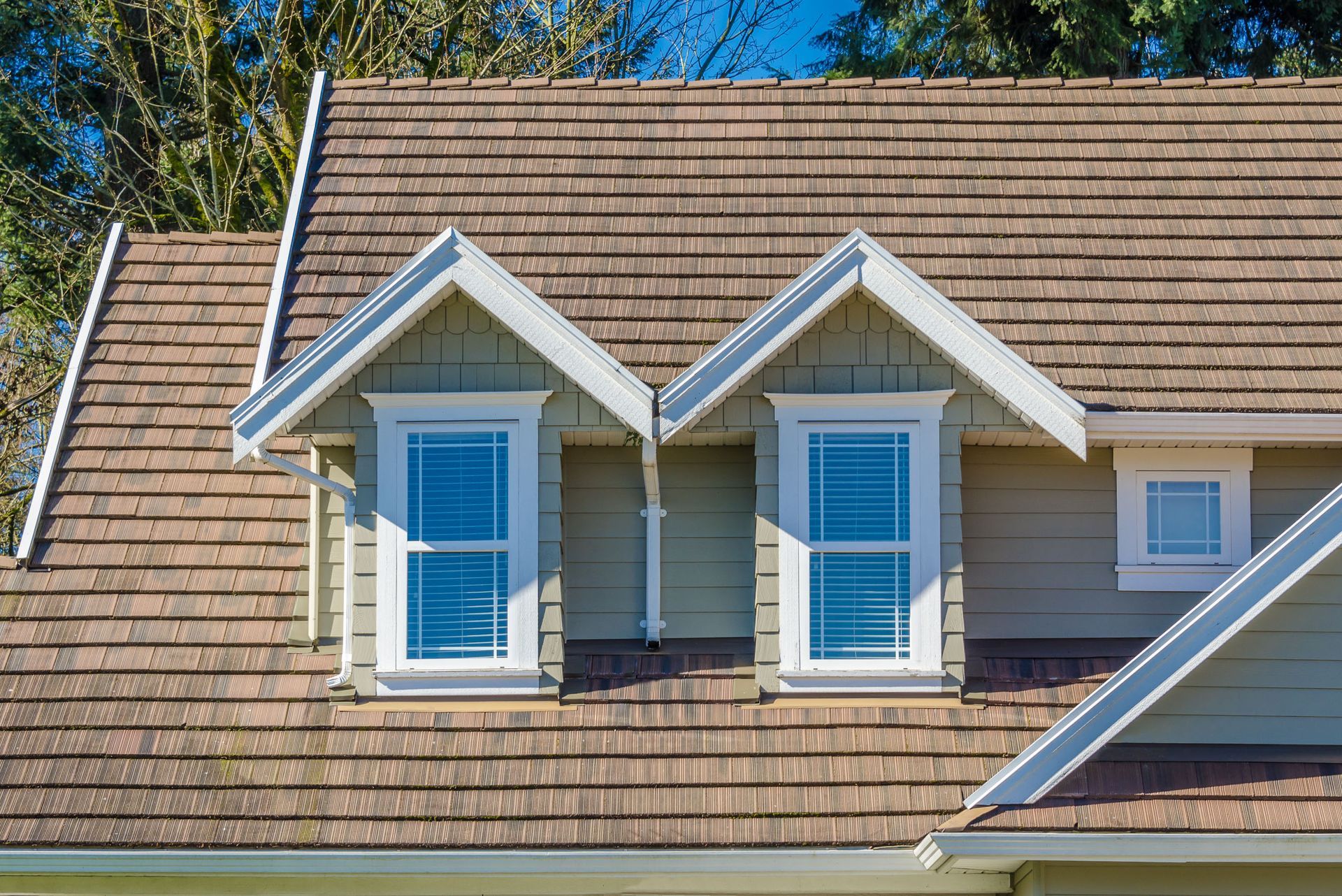
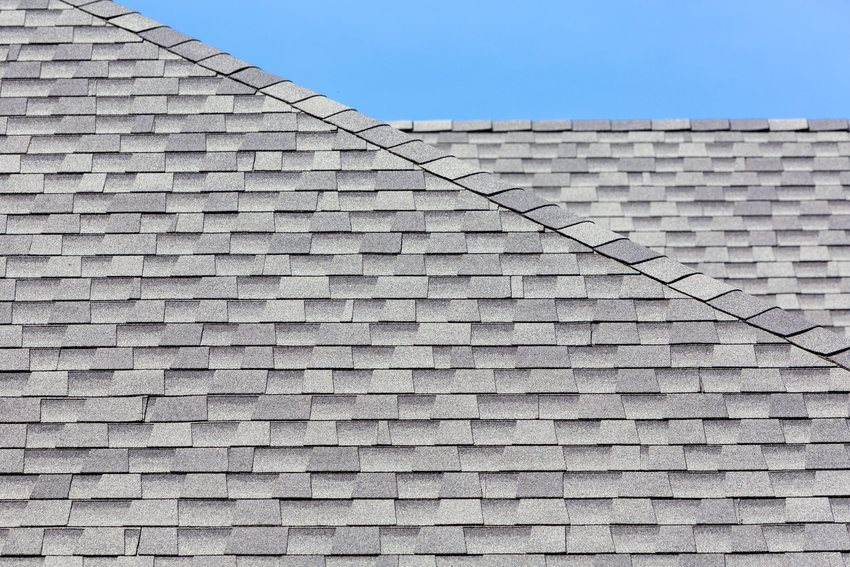
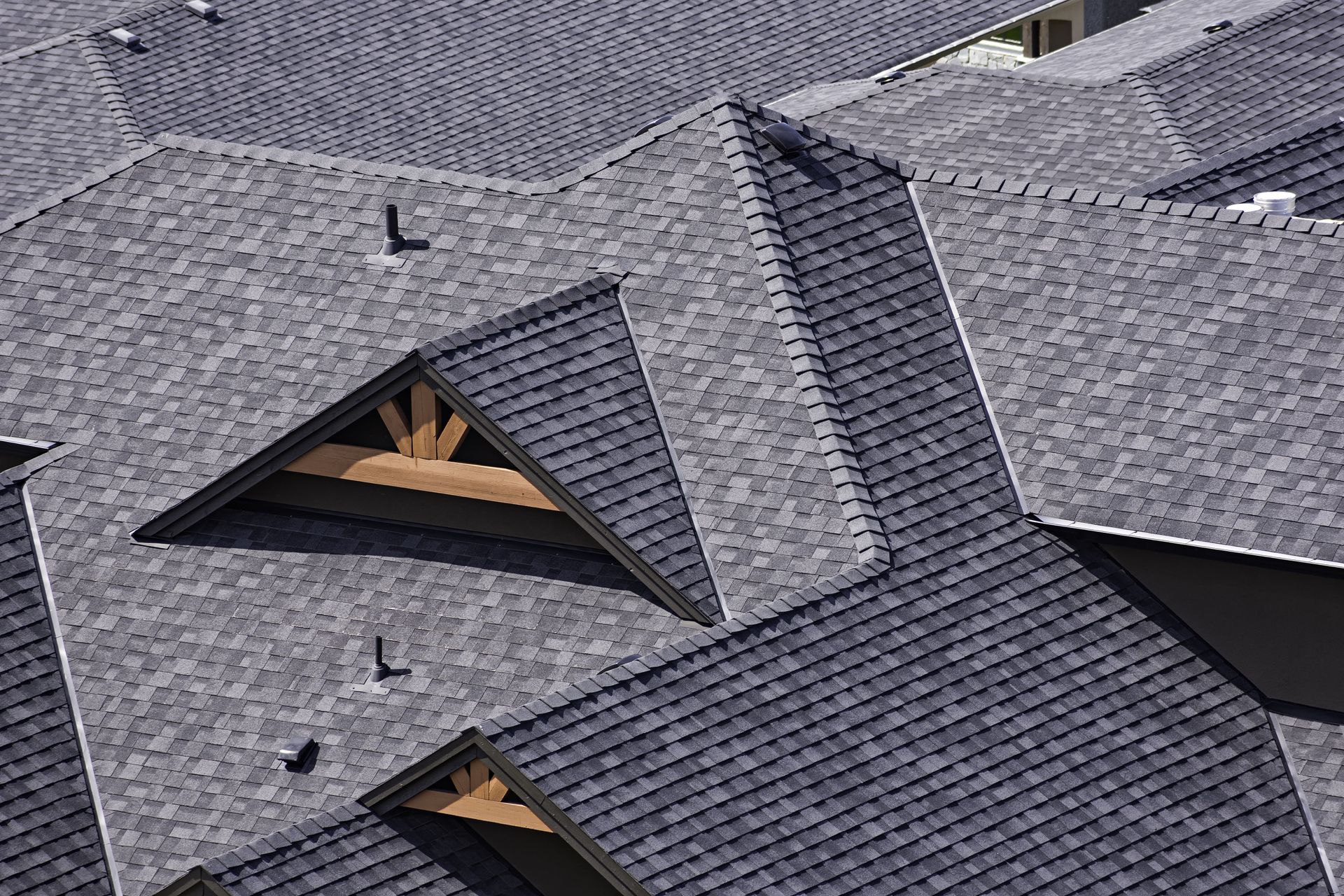
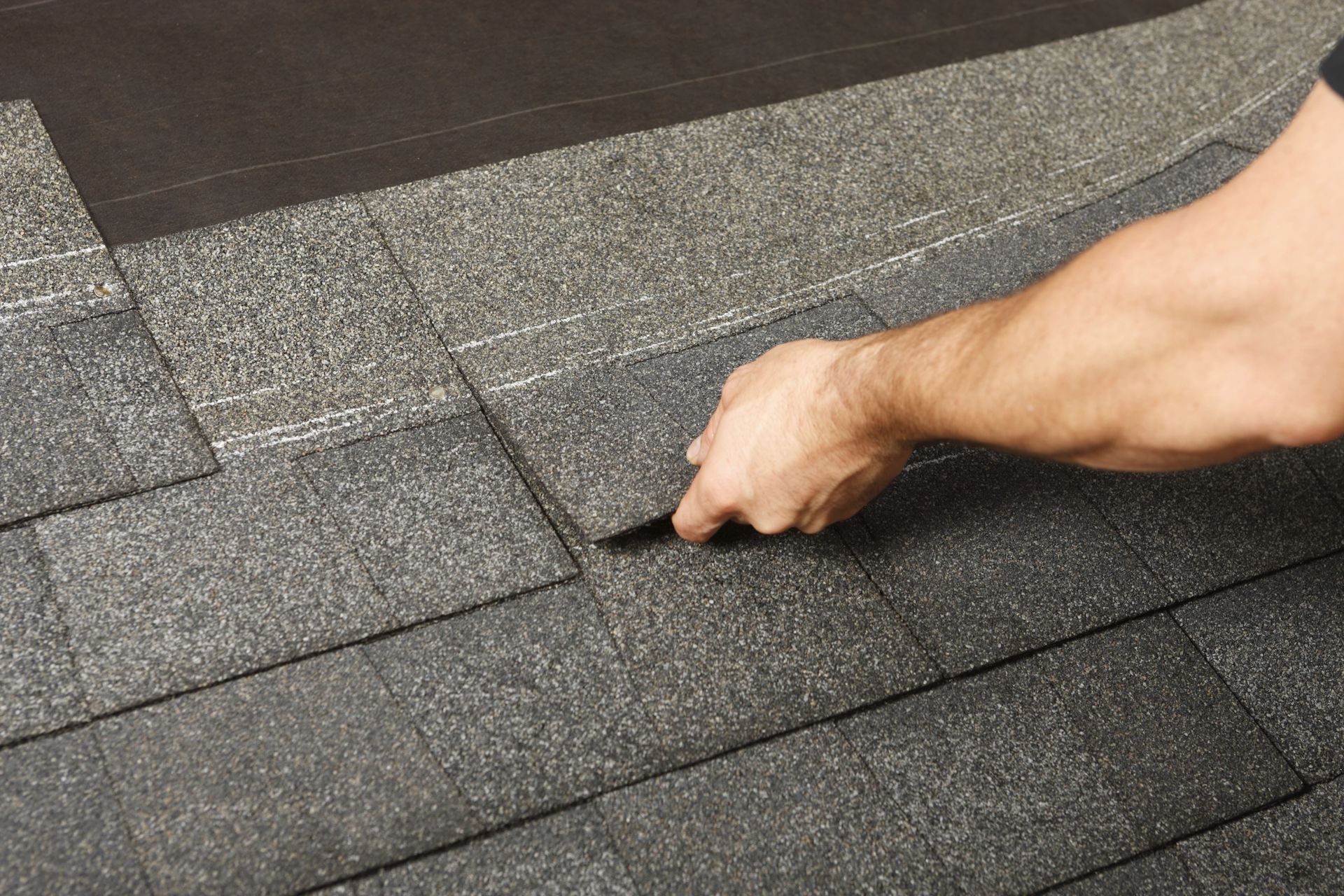
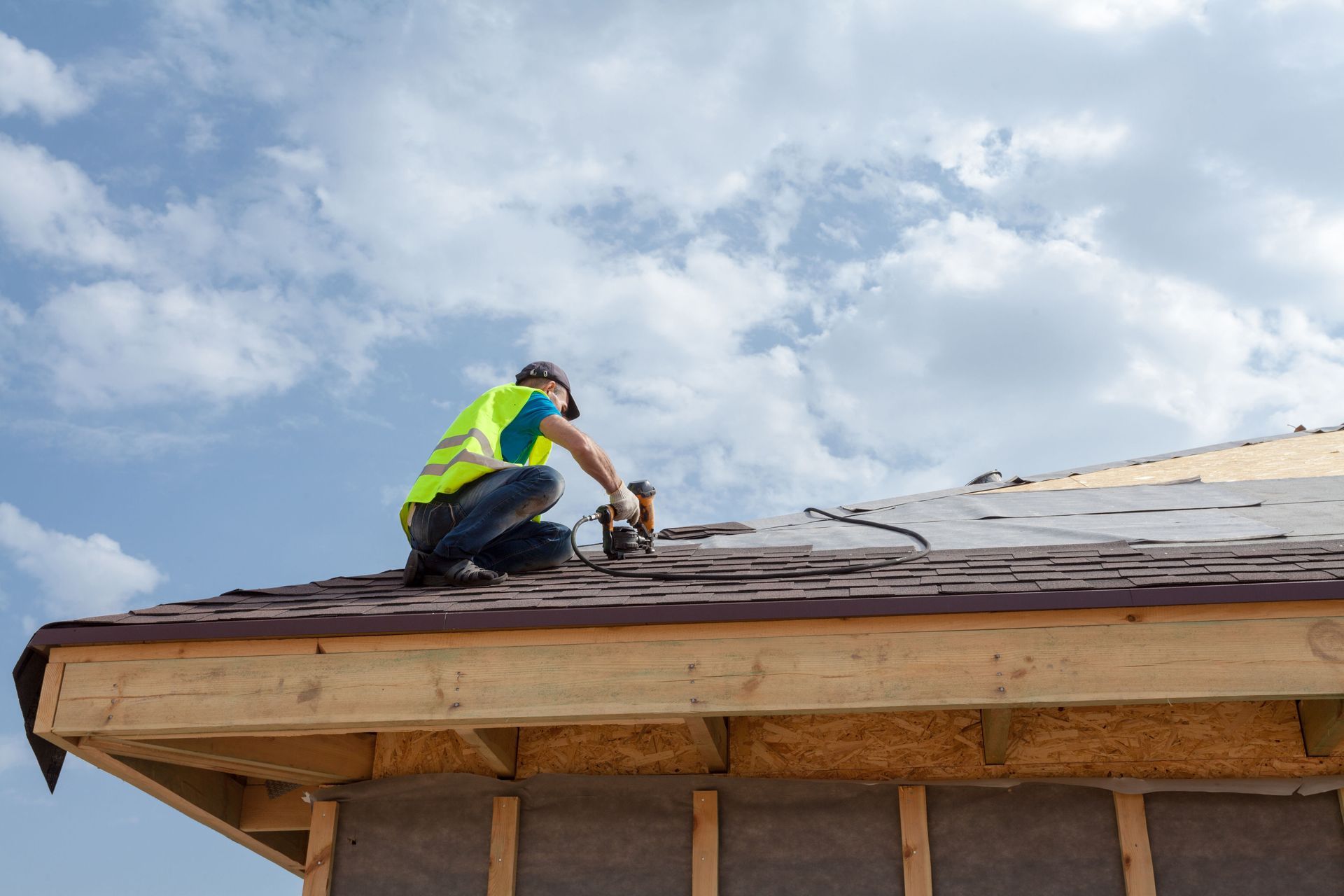
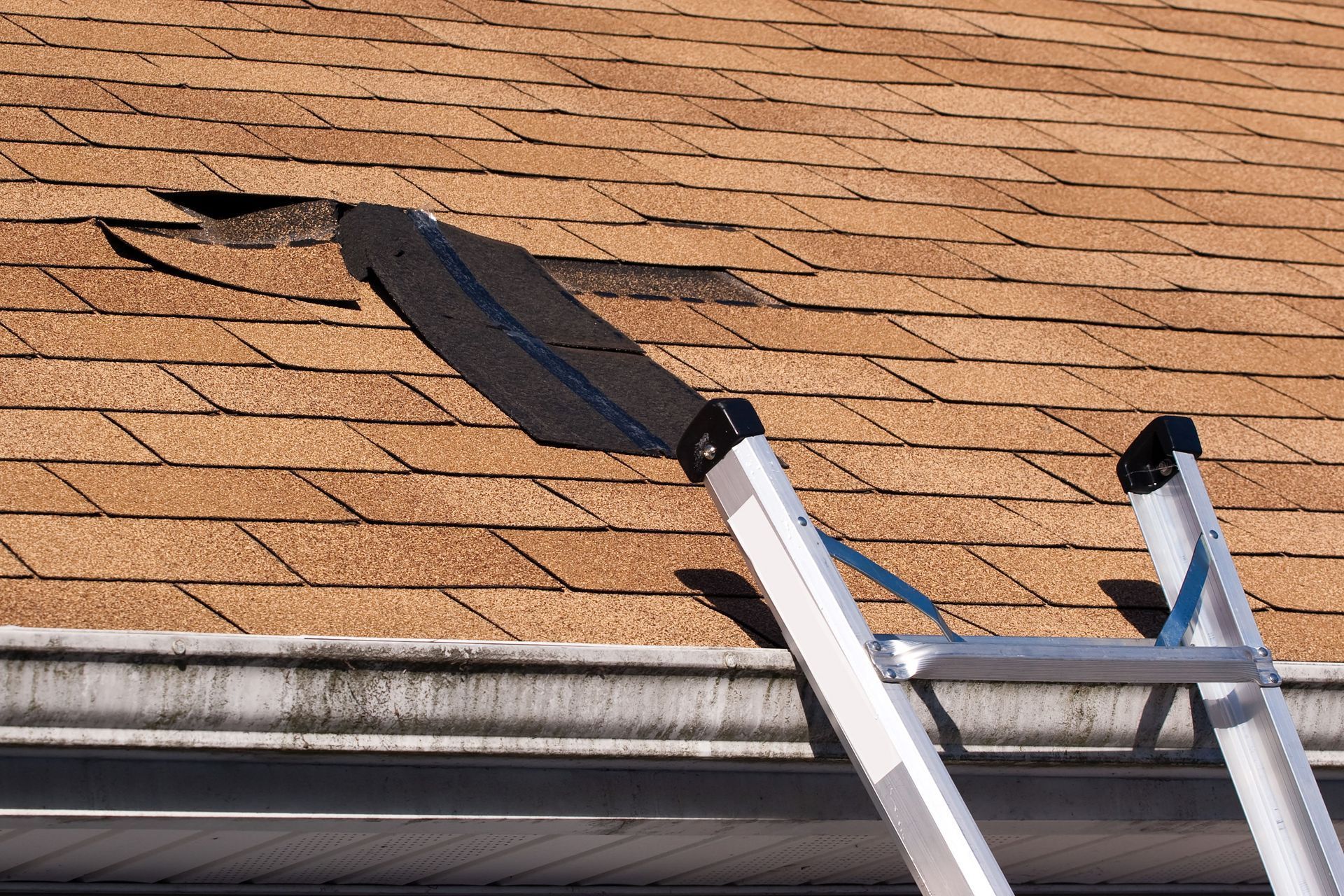

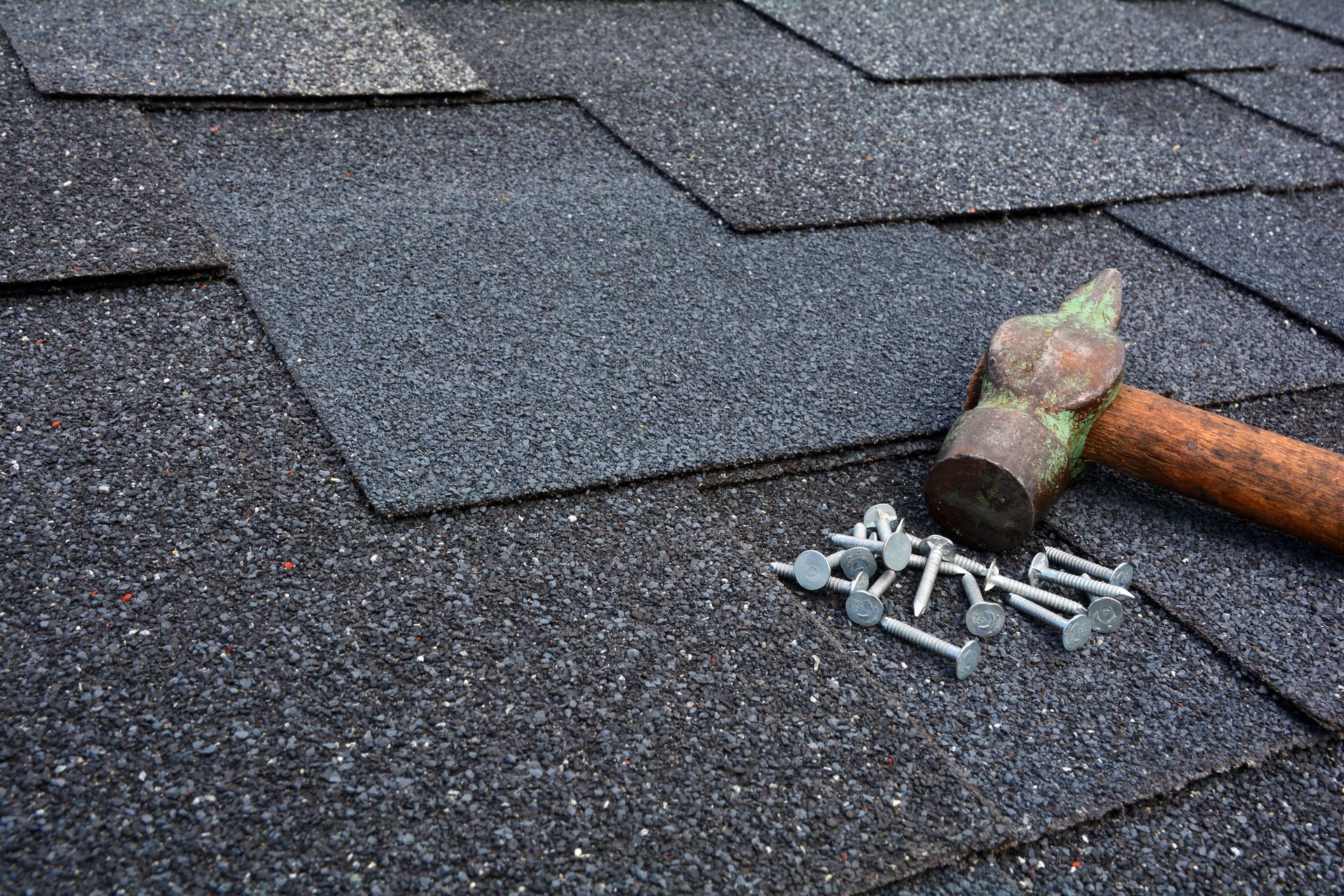
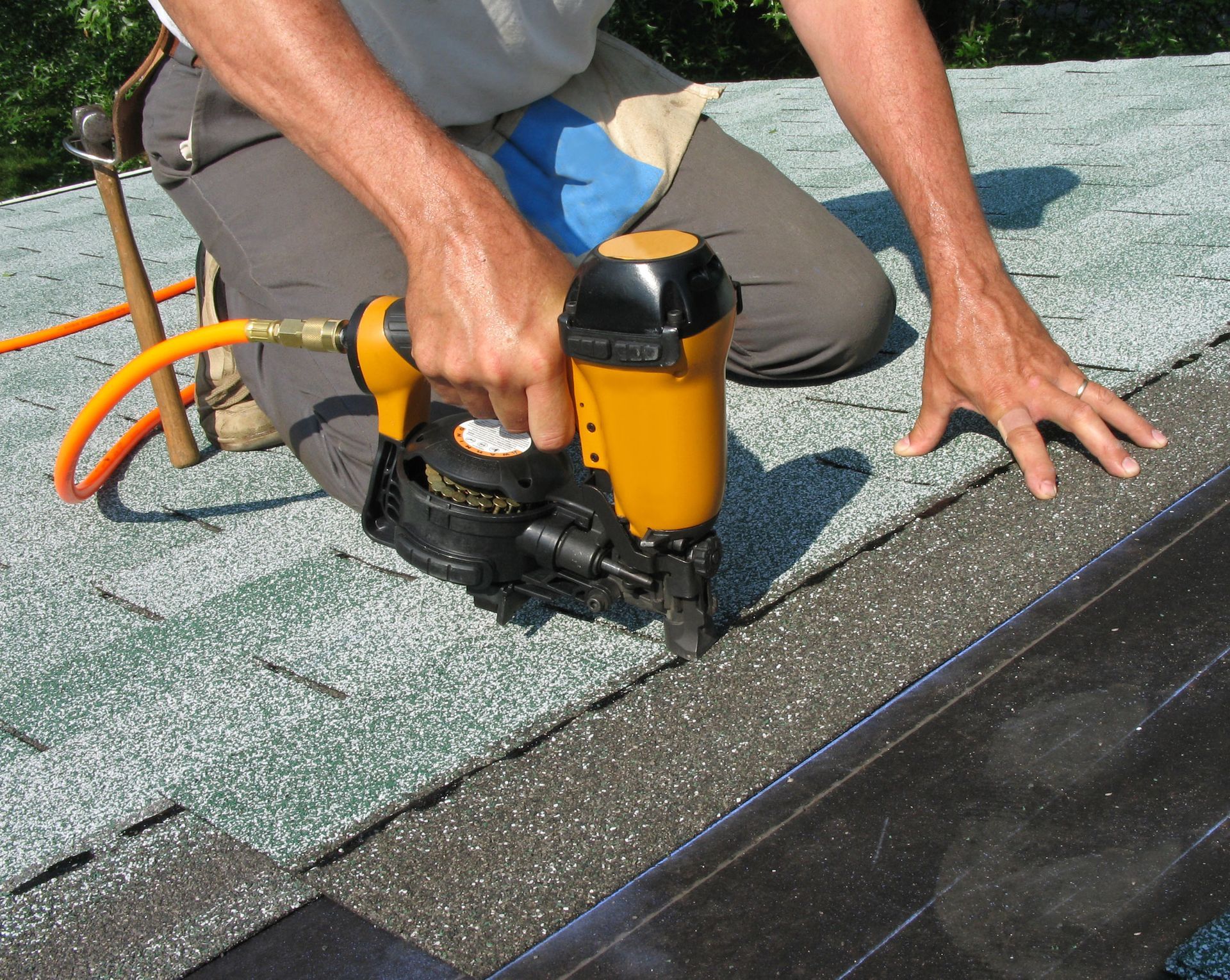
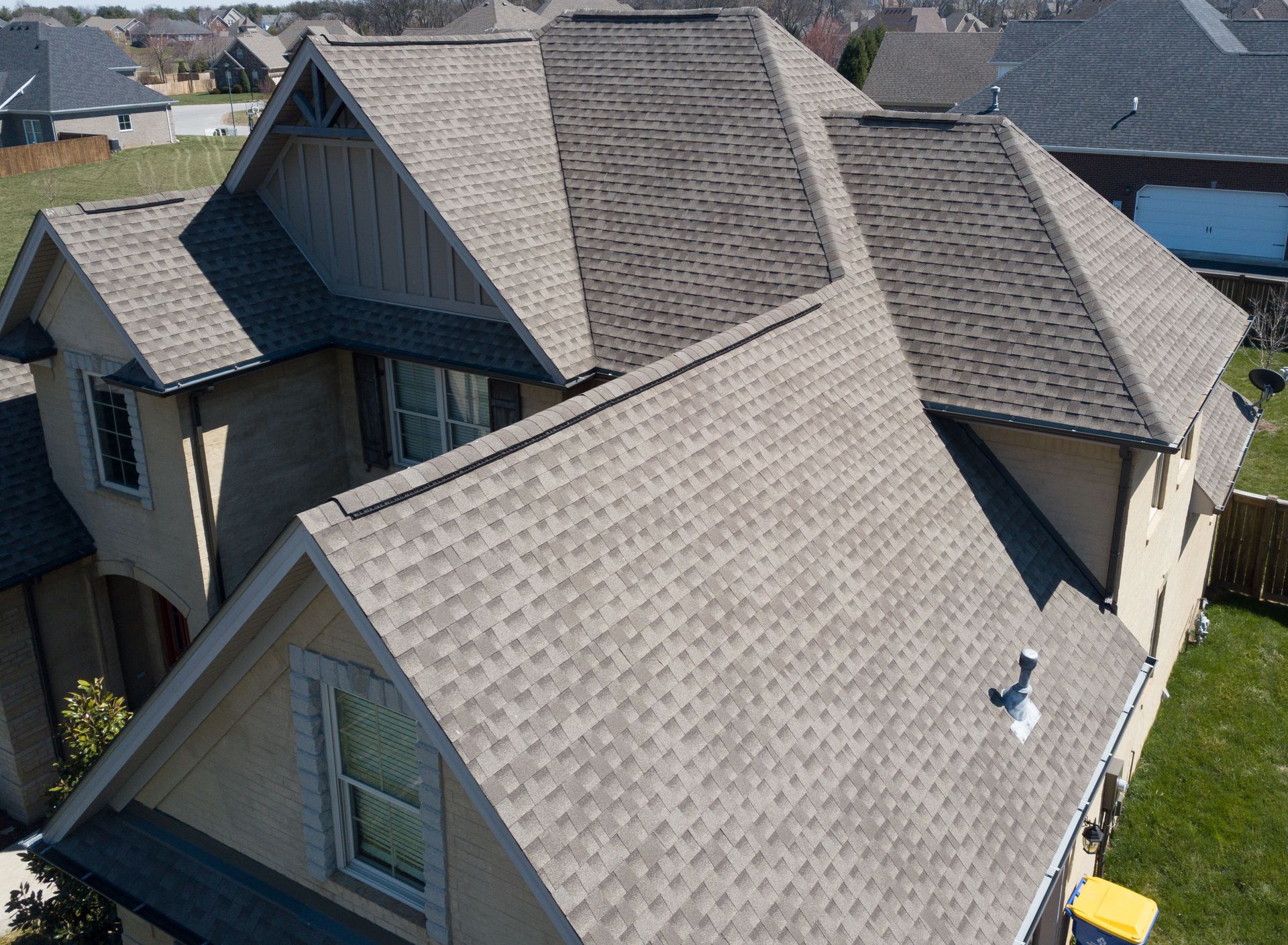
Share On: